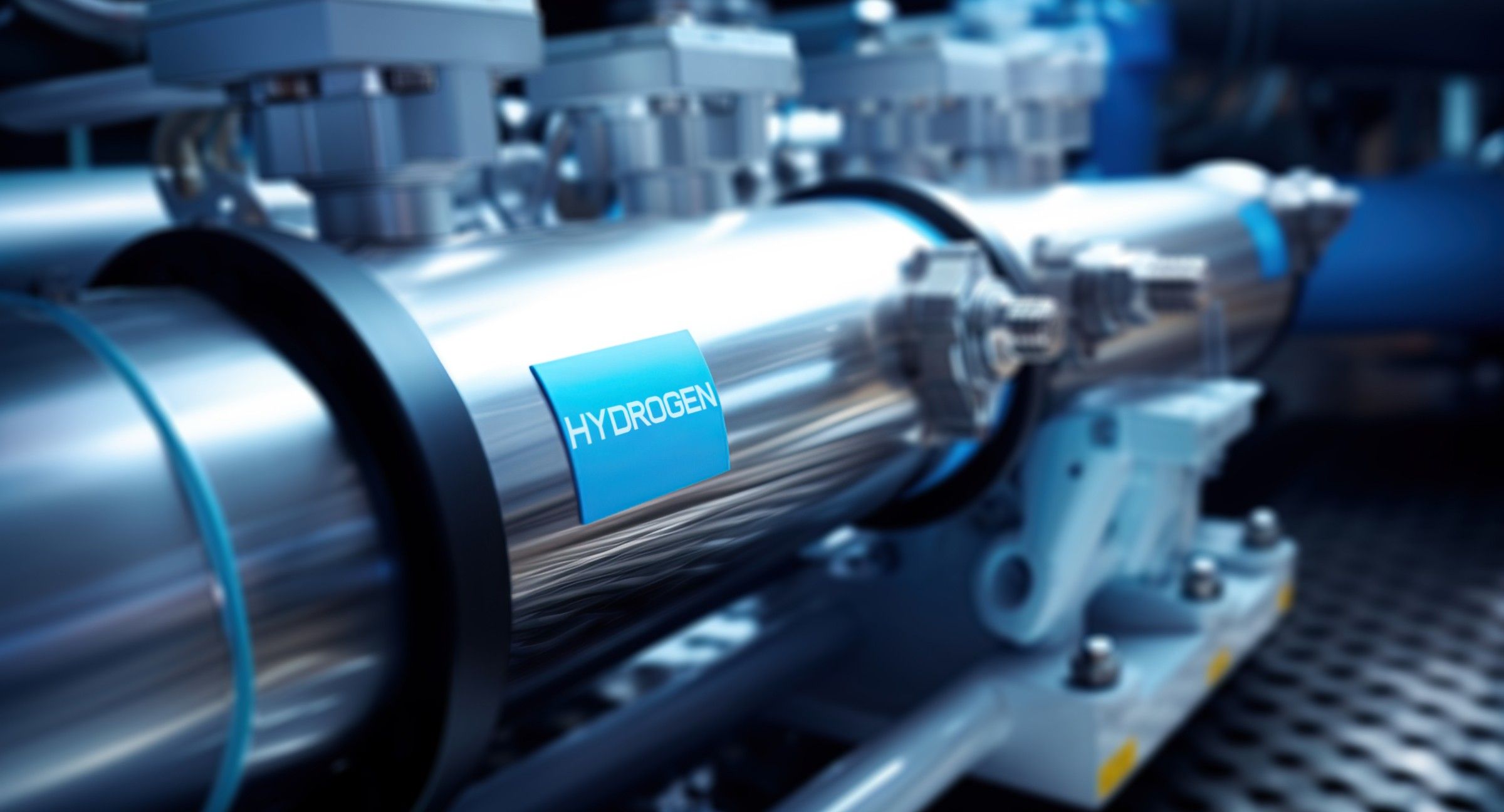Hydrogen on Demand: Efficient, Safe, and Reliable

Xenatech
December 3, 2023

Diesel fuels the transport economy. A 2022 analysis shows that 76% of the approximately 15 million commercial trucks in the nation's fleet run on diesel power. This does not even include the large number of container ships and rail that consume diesel. While there has been a big push to move to EV, the current infrastructure does not exist to support it. Finding a way to make diesel more efficient and curb emissions needs to be approached to span the transition.
Hydrogen on demand is that emerging tool to help achieve these goals. Here’s how.
What is Hydrogen on Demand?
Hydrogen on demand is gaining traction in the transport industry in response to a growing demand for more efficient fuel alternatives. So, while hydrogen on-demand systems do not replace diesel engines, they work with them to optimize performance as well as reduce emissions. Here’s an overview of how this emerging technology works:
Basic Principle: Hydrogen on-demand systems generate hydrogen gas through a chemical or electrolytic process. This hydrogen gas then feeds into the diesel engine's intake manifold and mixes with the air in the diesel fuel before combustion. Next, hydrogen is mixed with the diesel air intake. Hydrogen, being lighter and highly combustible, mixes with the diesel fuel, leading to a more efficient combustion process.
How the Hydrogen is Generated: The most common method for generating hydrogen is through electrolysis, which involves using electricity to split water into hydrogen and oxygen. This process is typically carried out onboard the vehicle, with the vehicle's electrical system powering the hydrogen generation.
Benefits of Hydrogen on Demand
While hydrogen on-demand technology is still relatively new, it's showing promising signs of being a game-changer. A few benefits include:
Improved Engine Performance
Adding hydrogen to the air-fuel mixture in a diesel engine makes the fuel burn more efficiently and thoroughly. This is because hydrogen burns faster and more evenly than diesel, enhancing the efficiency of the combustion process. In short, hydrogen on demand enables diesel engines to deliver more power with the same amount of fuel—or achieve the same power output using less fuel.
Fuel Economy
Escalating fuel prices stress the transportation industry, and every dollar spent on fuel directly impacts the company’s bottom line while at the same time drives up prices for consumers. This is just one of the reasons why better fuel economy is so crucial.
More efficient combustion allows the engine to extract more energy from the same amount of diesel fuel. The result? A reduction in fuel consumption for the same distance traveled or load transported - results are consistently an increase of 25% in miles traveled before refueling.
Reduced Emissions
Diesel engines do not burn all of the usable fuel. This causes emissions like unburned hydrocarbons, soot, and nitrogen oxides. However, when coupled with hydrogen on demand, diesel engines burn fuel more completely, which reduces emissions by as much as 85% - no more black smoke.
Safety
Hydrogen on-demand systems produce hydrogen as needed, eliminating the need for high-pressure storage tanks. This reduces the risk associated with carrying large amounts of flammable gas. These systems are equipped with advanced features such as leak detection sensors and automatic shut-off mechanisms to further enhance safety.
Drive Your Fleet Forward with Solutions Provided by XenaTech
Ready to find out more about hydrogen-on-demand technology or other intelligent transportation solutions? We have the cutting-edge technology, knowledge, and experience you need. Contact us today to get started!
Don’t Miss Out
Be the first to know about new developments in fleet management, public transportation solutions, and smart city applications.




